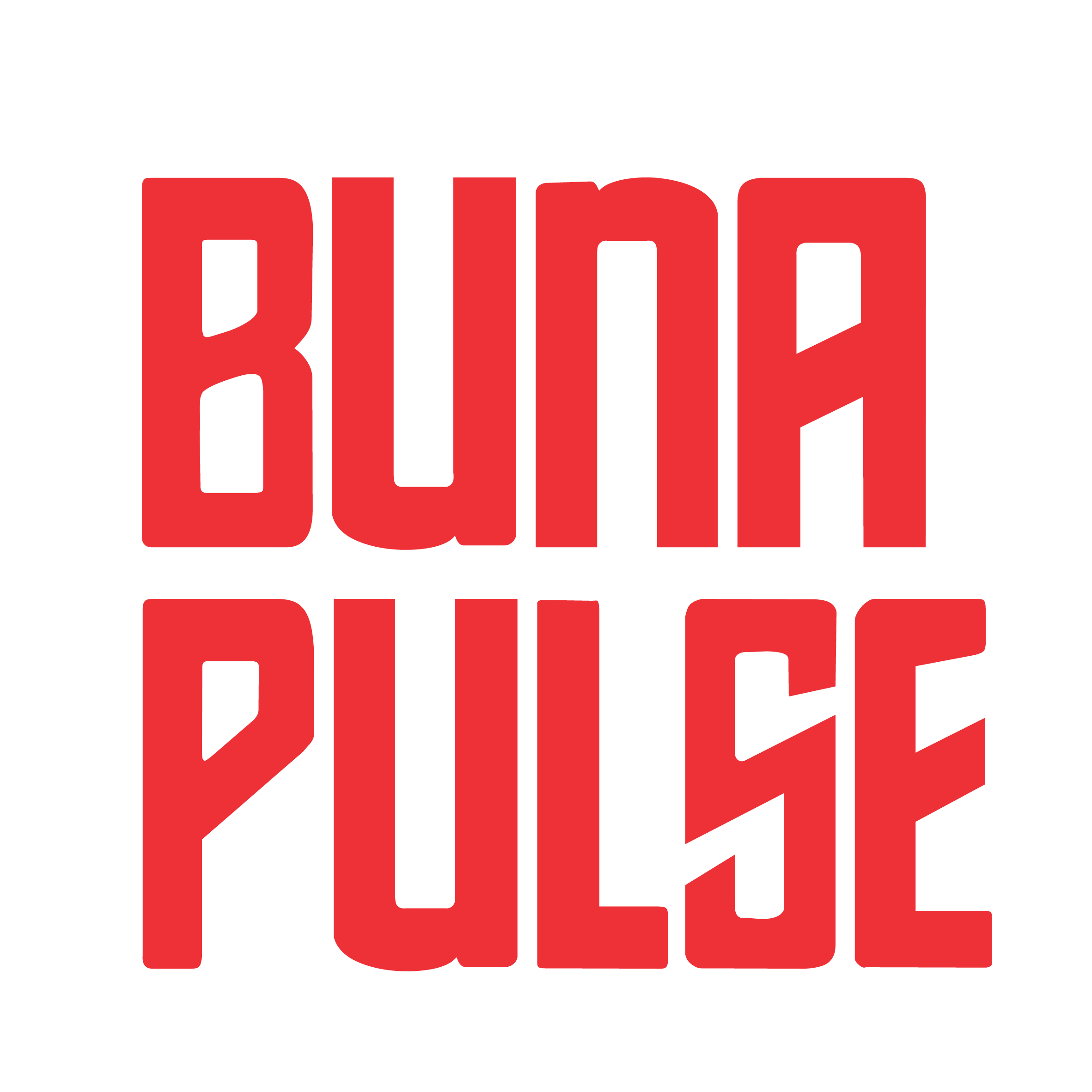
3 minute read
Trump’s Inauguration Fuels Volatility in Global Coffee Market
by Buna Pulse
The inauguration of Donald Trump as President of the United States has sent ripples across global markets, including the coffee industry. With macroeconomic uncertainty and shifts in the USD/BRL exchange rate, coffee prices reached significant highs this week, reflecting the dynamic global economic landscape.
Macroeconomic Impact of Trump’s Inauguration
Trump’s presidency has brought increased market attention to trade policies, the US dollar’s strength, and overall global economic sentiment. In the coffee sector, the USD/BRL exchange rate, a key factor influencing Brazilian coffee exports, experienced notable movement, contributing to price volatility. A stronger Brazilian Real, coupled with limited global coffee supplies, created the perfect storm for rising coffee prices.
Arabica and Robusta Price Surge
Arabica coffee prices saw a remarkable surge of 16.8 c/lb this week, closing at 343.95 c/lb. This increase was largely attributed to tight supplies in major producing regions and firming differentials in Brazil. Meanwhile, Robusta coffee also experienced a sharp rise, with prices climbing by $593/mt to reach $5,482/mt. Reduced trading activity in Vietnam, ahead of the Tet holiday, added to the bullish sentiment in the Robusta market.
Regional Market Highlights
Brazil: Tight supplies, coupled with favorable weather conditions, kept differentials firm. The strengthening of the Brazilian Real further influenced export prices, making Brazilian coffee more expensive for international buyers.
Vietnam: The world’s largest Robusta producer saw limited trading activity as exporters prepared for the Tet holiday. Harvesting continued, but lower availability pushed prices higher.
Ethiopia: Volatility in FOB prices reflected firming internal market conditions. Ethiopian coffee remains a key player in the specialty segment, with prices influenced by global economic trends and local market dynamics.
Colombia/Latin America: Strong trading activity and ongoing pest control efforts characterized the week in Colombia and other Latin American countries. Regional producers leveraged the price surge to maximize their exports.
Outlook for the Coffee Market
As the Trump administration sets its economic agenda, the coffee market is likely to remain highly sensitive to changes in US trade policies, exchange rates, and broader global economic conditions. Key factors such as USD volatility and supply constraints in major producing regions will continue to shape the coffee market in the coming months.
Conclusion
The week of Trump’s inauguration has highlighted the interconnectedness of global politics and commodity markets. With coffee prices surging in response to macroeconomic trends, industry stakeholders will be closely monitoring developments in the US and beyond. As the world adjusts to this new era of leadership, the coffee market stands as a testament to the complexities of global trade.




